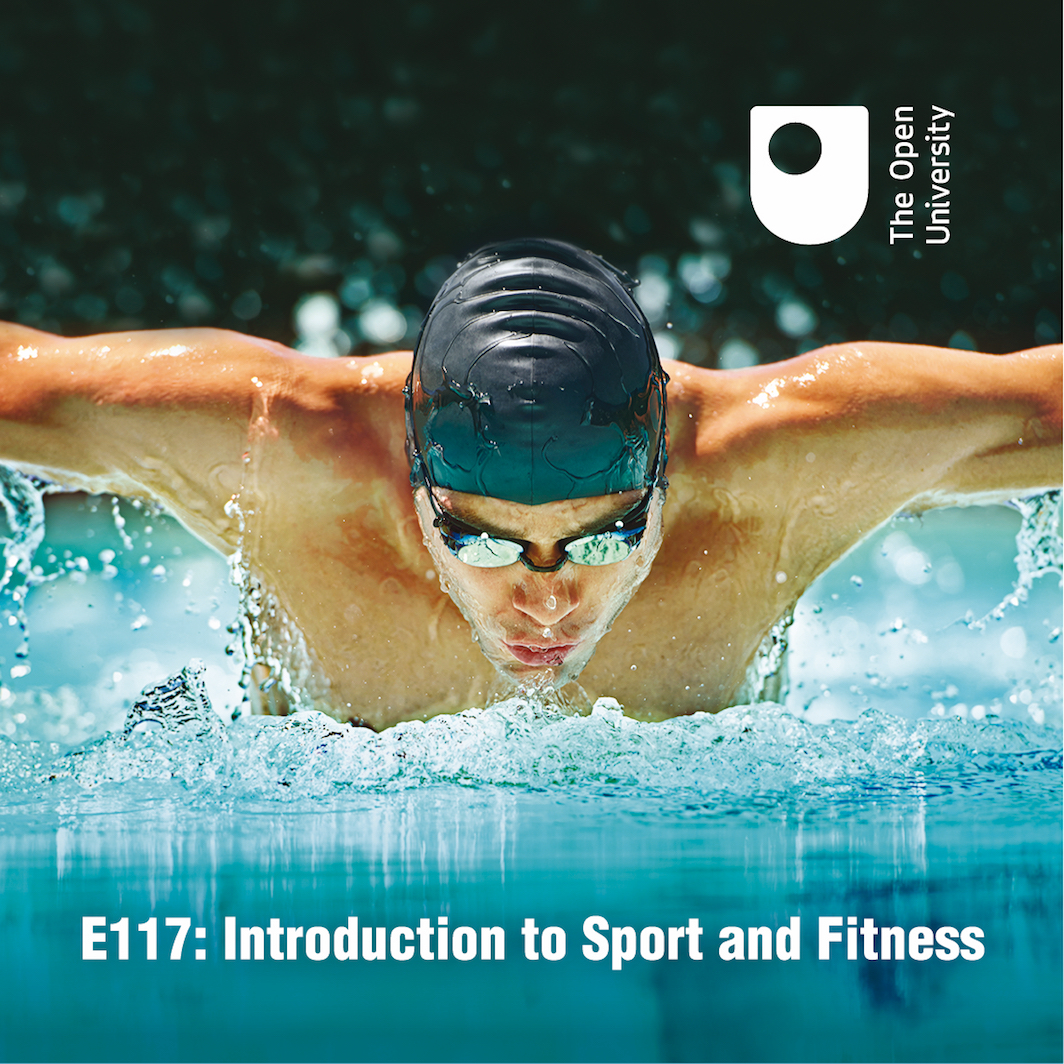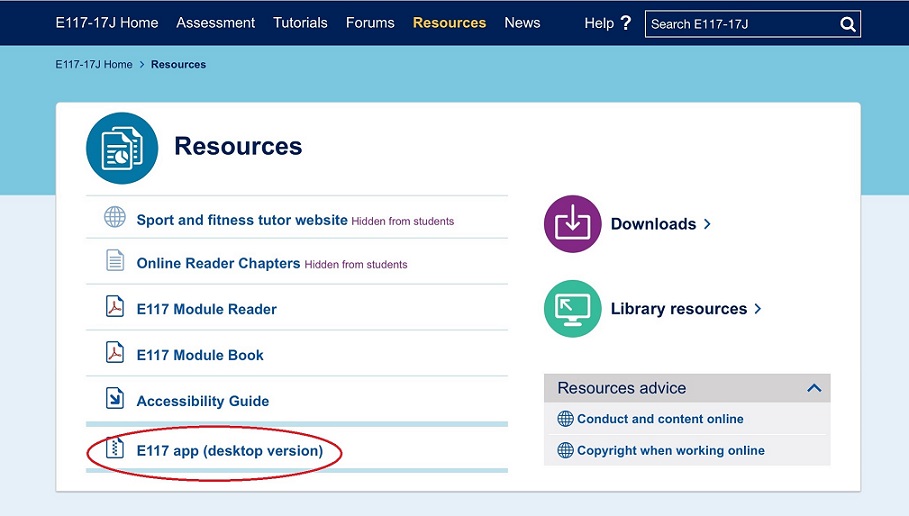By Caroline Heaney
Recent campaigns such as Heads Together have helped to raise awareness of mental health difficulties. Mental health issues affect everyone – it is estimated that 1 in 4 people experience a mental health problem each year, which means that most of us will be affected by a mental health condition at some point in our lives, either directly or through someone close to us. It is vital that once someone has taken the difficult step to disclose mental health difficulties that they can access the right treatment and support, however, NHS funding for mental health services has been reduced whilst demand has increased. It is estimated that by 2030 there will be 2 million adults with a mental health problem, and an NHS funding shortfall of £44-54 billion over the next decade. There are various treatment options available including therapies and medication, but medication is reported to be the most commonly used treatment for mental health problems. This comes at a huge cost to the NHS who reportedly spend £285 million per year on antidepressant medications. If only there was a low-cost treatment with few side effects and many additional health benefits. Well there is – exercise!

Image courtesy of nenetus at FreeDigitalPhotos.net
Exercise has long been recognised as an effective intervention in both the prevention and treatment of mental health conditions. For example, in their meta-analysis of the literature exploring exercise in the treatment of depression Josefsson, Lindwall and Archer (2014), found exercise to be an effective treatment in those with mild and moderate depression, with the potential to be effective with those with more severe depression. Similarly, exercise has also been found to be an effective tool in the prevention of depression (Mammen and Faulkner, 2013). The simple logic behind the link between exercise and mental health is that exercise can make us feel better. This means that exercise can benefit your mental health whether or not you have a diagnosed mental health problem. As well as combating diagnosed mental health conditions such as depression, exercise can enhance mood and reduce stress levels, thus allowing us to tackle daily challenges in a more positive, optimistic and constructive way.
BBC 1’s Mind Over Marathon showed the power of exercise as it charted the experience of a group of people with mental health conditions as they prepared to run the 2017 London Marathon. The people in this programme were not unique in their experience of finding exercise therapeutic in their fight against mental health conditions. Up and down the country there are many people who are advocates for the beneficial role of exercise in preventing and treating mental health conditions. A few years ago I was lucky enough to meet a group of inspiring people in Essex who were referred to a Healthy Lifestyle Programme which involved prescribing exercise as part of a programme to tackle mental health conditions such as depression and anxiety. A clear message from these participants was that exercise was a powerful tool in helping them to combat mental health challenges. They described exercise as a far more positive treatment than medication.
Potentially, exercise can be used to treat mental health problems in place of or in addition to medication and other therapies, but in order for patients to benefit, medical professionals need to be confident in its role as a treatment and have access to suitable programmes to which they can refer their patients. Data from the Mental Health Foundation suggests that whilst more than half of the GPs they surveyed recognised exercise as an effective treatment for mild to moderate depression, only 21% would actually refer a patient to a supervised exercise programme. This could however be due, in part, to a lack of access as 40% of the GPs surveyed said that they didn’t have access to an exercise referral scheme.
There lots of evidence to show that exercise can have a positive impact on mental health, but why is this the case? What is it about engaging in physical activity that leads to enhanced mental health? There is no one theory or hypothesis that has been universally accepted to explain the link between exercise and mental health. Instead, several different hypotheses have been proposed. These can be split into two categories: physical or psychological explanations (see table 1). It may be that a combination of factors is causes improvements in mental health, rather than one factor alone. Additionally, because people differ greatly, explanations for improvements in mental health may vary according to the individual concerned.
Table 1: Examples of physical and psychological explanations for the relationship between exercise and improved mental health (adapted from Weinberg and Gould, 2015)
| Physiological Explanations |
Psychological Explanations |
- Increases in cerebral blood flow
- Changes in brain neurotransmitters (e.g., norepinephrine, endorphins, serotonin)
- Increases in maximal oxygen consumption and delivery of oxygen to cerebral tissues
- Reductions in muscle tension
- Structural changes in the brain
|
- Enhanced feeling of control
- Feeling of competency and self-efficacy
- Positive social interactions
- Improved self-concept and self-esteem
- Opportunities for fun and enjoyment
|
Conclusion
It would appear that exercise can be a highly effective tool in the prevention and treatment of mental health conditions. Exercise is a comparatively low cost treatment that can be used on its own or as an adjunct therapy and has virtually no side effects. In addition, it can tackle many other health conditions such as hypertension and heart disease. Surely prescribing exercise to treat mental health is a no brainer!
To find out more on this topic try our free course Exercise and Mental Health.




